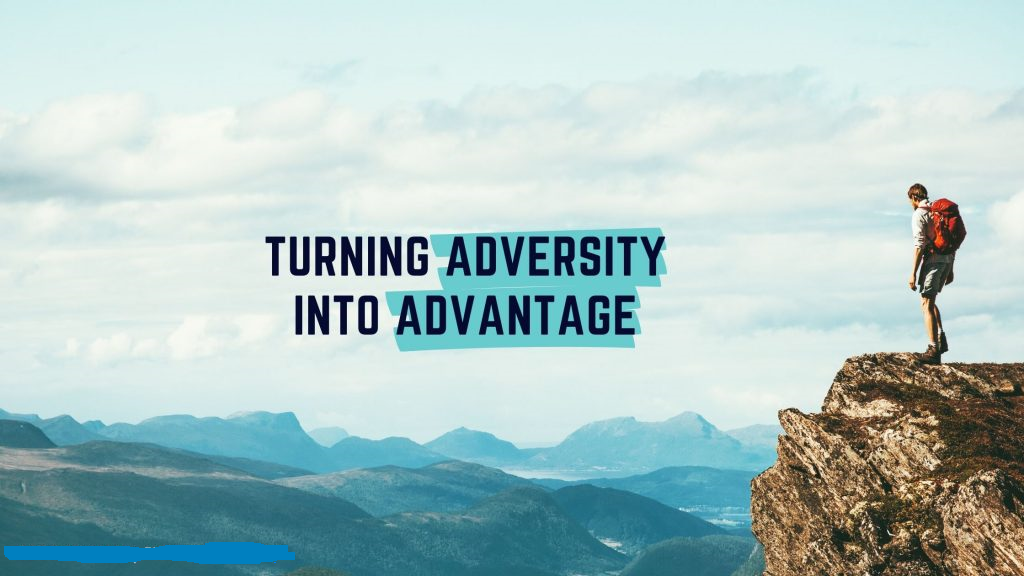Throughout last year I have been reminded of Albert Einstein’s encouraging words: “In the midst of every crisis, lies great opportunity.”
Many lamented the restrictions that social distancing orders had placed on us, but it was under similar conditions that some of the greatest works were first produced. Isolation sparked creativity.
Isaac Newton, Charles Darwin, John Milton and George Byron thrived in isolation, created formidable bodies of work in science and literature, so much so that these times were called, ‘the years of wonder’.
Perhaps we can also take a leaf out of Shakespeare’s experience with the plague. It was the single most defining aspect of his life and work that gifted him the time to muse and write. The plague appears in several of Shakespeare’s works, including ‘Romeo and Juliet’.
Closer home there can hardly be a finer example of this than the situation in which Pandit Kumar Gandharva, one of the greatest musicians, found himself in. For six years, Kumar Gandharva endured illness and silence. He spent time contemplating different aspects of music. But at the end, he also emerged more creative and accomplished in his craft.
In recent memory, no one has ever lived through a situation like the one pandemic threw us in. There is something awe-inducing in this commonality of experience. Creative responses in the form of art, literature, cinema and music are bound to keep emerging for years to come. To that end, Lenin’s words, “There are decades where nothing happens and there are weeks where decades happen,” have never been more relevant.
This time is right for great exploration of ideas. It is that combination of expertise, exploration and collaboration that leads to breakthrough ideas. The recent advancement in technology frees up time to allow for more experimentation. If you see creation as a process, then these are the best of times.
Among other things, these times provide an opportunity for cognitive reappraisal: Reinterpreting the situation by considering new perspectives and challenging old assumptions, and learning new behaviors. It has given us more time for direct and unfettered engagement with and exploration of great works and ideas.
For instance, see how much and how quickly the discovery to delivery of the vaccine was possible when scientists came together for a shared goal. What normally would have taken years was achieved in months.
Across multiple sectors the adoption and inclusion of digital technologies in industries, healthcare, pharmaceuticals and education has happened at a pace never seen before.
As the online education system grows, we can expect an increase in the reach and accessibility of education within every section of society.
One of the impacts of the pandemic has been the flexibility injected into workplace practices, which women had been asking for to balance their responsibilities in a corporate environment. Organizations could turn this into a moment of positive change.
But the greatest lesson to humans who come from the humus – the soil – is to remain grounded in humility; that every form of life needs to be respected and has a right to exist in freedom and peace
https://timesofindia.indiatimes.com/blogs/toi-edit-page/we-turned-adversity-into-advantage/
